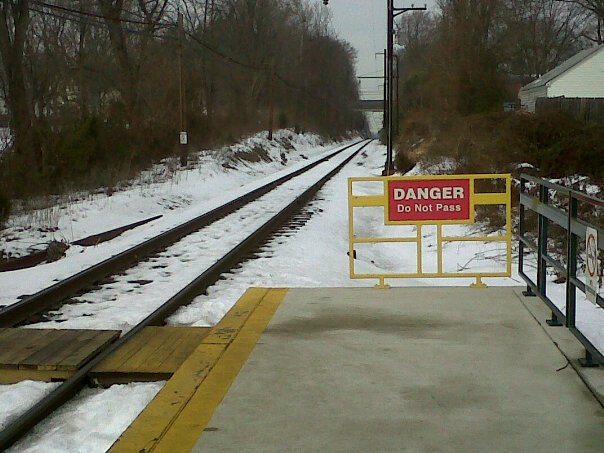
Photo Credit: democracynow.org
No community of faith has ever endured the unchecked threat and persistence of violence in the United States as much as black churches.
Prior to the Civil War, the formation of black churches were forbidden in many areas of the country and black congregations were frequently terrorized by white racist mobs who shot up and burned houses of worship to the ground. This hostility towards black Christians outlived slavery and continued well into the 20th century. Many African American worshipers can still remember the 1963 bombing of the 16th Street Baptist Church in Birmingham, Alabama, where four young girls were killed. And, many more can remember when around 70 black churches, many in the southern United States, were burned in the 1990s.
Most of the perpetrators have somehow alluded justice. But, at least one congregation in South Carolina was able to sue and bankrupt the local chapter of the KKK for organizing the arson of their church.
Certainly, churches are not the only places where one can happen on groups of African Americans conveniently distracted by quotidian activities. Approaching public crowds of your targeted victims takes courage. In black churches, however, where all souls are welcomed with open arms, even the most cowardly can muster audactiy.
The historical bond African Americans have with Christianity remains strong despite these persecutions and the horrific way this relationship began. In 1452, Pope Nicholas V signed the infamous Dum Diversas, a formal and systematic “sanction” of perpetual servitude targeting non-Christians. Turns out, the Dutch, Portuguese, and Spaniards capitalists all had their greedy eyes on Africa and the Americas, which were conveniently full of non-Christians.
Papal decisions like Dum Diversas and, 50 years later, the Line of Demarcation functioned not only as international dispute resolutions but moral authorities for those who wanted to hide behind an excuse for human chattel slavery. And so began the 500 year holocaust which eventually became known as the Trans-Atlantic Slave Trade. Some contemporary racists groups still evoke Christianity in their ideology, claiming the divine ordination of white superiority.
Despite the disastrous initial encounter with Christianity, African Americans have emerged over generations in the United States to be the ethnic group with the strongest reported affinity for the faith. According to a 2009 Pew survey, 85% of African American respondents strongly identify with some form of Christianity, with 68% claiming protestant. More than any other racial group, African Americans report engaging regularly faith based activities such as attending church and praying. What prompts people who have suffered so greatly under the guise of Christianity to be so loyal?
Many of the earliest African American churches were founded by free blacks who protested against the enslavement of their brethren, like Charleston’s Emanuel African Methodist Episcopal Church. Black churches have produced some of the nations first black social leaders and politicians. After the end of slavery, African American churches operated schools and social outreach ministries. During the 20th century, scores of congregations helped to form and nurture the ground-breaking Civil Rights Movement. Today, African American churches in communities across the U.S.A. still provide these types of services and much more for the advancement of social equality.
The real miracle to see here is that African Americans over the centuries have transformed Christianity, an instrument of our systematic oppression, into a weapon for our own social and political revolution. This is the salt in the festering wound of white supremacy.
